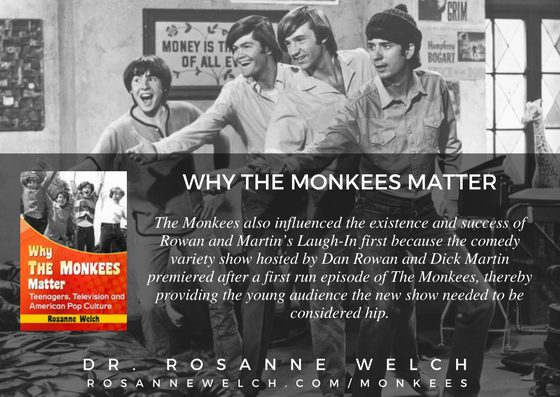Watch this entire presentation: Gender Diversity in the Who-niverse: Paving the Way for a Lady Doctor with Dr. Rosanne Welch [Video] (36:58)
For her 5th Doctor Who lecture to the CPP community, Dr. Rosanne Welch discusses how society – and the show’s writing staff – prepared the audience for a major change in this 50-year franchise – the creation of the first Lady Doctor!
Transcript:
Now if you know anything about the old, and new, MacGyver, very similar to Doctor Who in that MacGyver doesn’t carry a gun. he makes changes in the world with his brains his science knowledge and his ability to think fast in a situation. So in essence, nobody knew it but he was an American Doctor Who if you think about it. That personality of male and I have to cop to the fact that I haven’t watched the new MacGyver. I’ll bet you that it’s lovely but I can’t get past Richard Dean Anderson. That’s my MacGyver, so too bad. But that’s what Terry Nation brought into the story. Many of you, if you’re science fiction fans will know Douglas Adams. Maybe not from Doctor Who but he did, in fact, did write for Doctor Who and was a story editor for one season. So, of course, we know him from The Hitchhikers Guide to the Galaxy. He wrote a few episodes of Doctor Who including The Pirate Planet and he worked with this character, Romana, who was a lady Timelord. So naturally, we know that in their alien species there were female characters and she’s intelligent and she matches the Doctor for wit and for charm and all that so we had the early feeling of, there can be women doing this adventuring.
Follow Dr. Welch on Twitter and Instagram
https://twitter.com/rosannewelch – http://instagram.com/drrosannewelch
Dr. Rosanne Welch
Dr. Rosanne Welch teaches the History of Screenwriting and One-Hour Drama for the Stephens College MFA in Screenwriting.
Writing/producing credits include Beverly Hills 90210, Picket Fences, ABCNEWS: Nightline and Touched by an Angel. In 2016 she published the book Why The Monkees Matter: Teenagers, Television and American Pop; co-edited Women in American History: A Social, Political, and Cultural Encyclopedia; and placed “Transmitting Culture Transnationally Via the Characterization of Parents in Police Procedurals” in the New Review of Film and Television Studies. Essays appear in Torchwood Declassified: Investigating Mainstream Cult Television and Doctor Who and Race: An Anthology. Welch serves as Book Reviews editor for Journal of Screenwriting and on the Editorial Advisory Board for Written By magazine, the magazine of the Writers Guild.
Watch Dr. Welch’s talk “The Importance of Having a Female Voice in the Room” at the 2016 TEDxCPP.
Podcast: Play in new window | Download
Subscribe: RSS
![08 MacGyver, Douglas Adams and Doctor Who from Gender Diversity in the Who-niverse [Video] (1:10)](https://rosannewelch.com/wp-content/uploads/2018/04/gender-dw-08-macgyver-adams.jpeg)
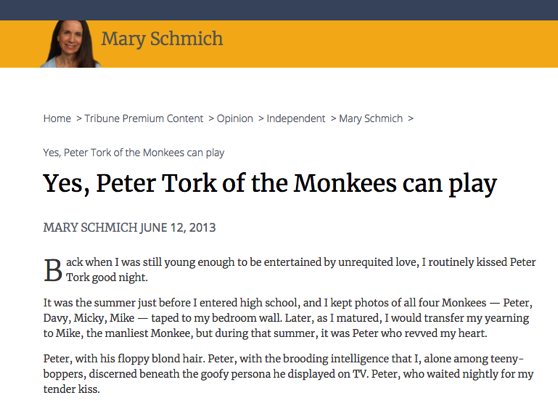


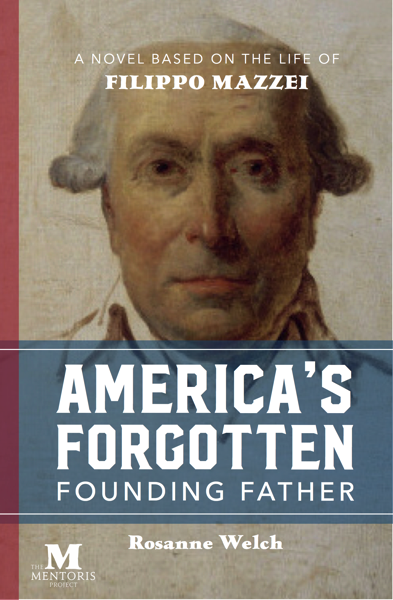
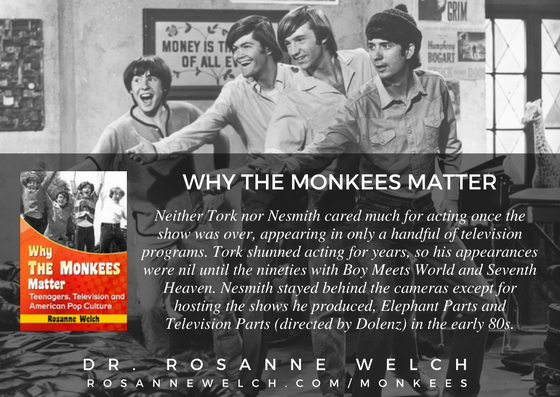
![17 When Women Write Gidget from How Gidget Got Into the Girl Ghetto with Dr. Rosanne Welch [Video] (0:54)](https://rosannewelch.com/wp-content/uploads/2018/04/gidget-srn-17-women-gidget.jpeg)



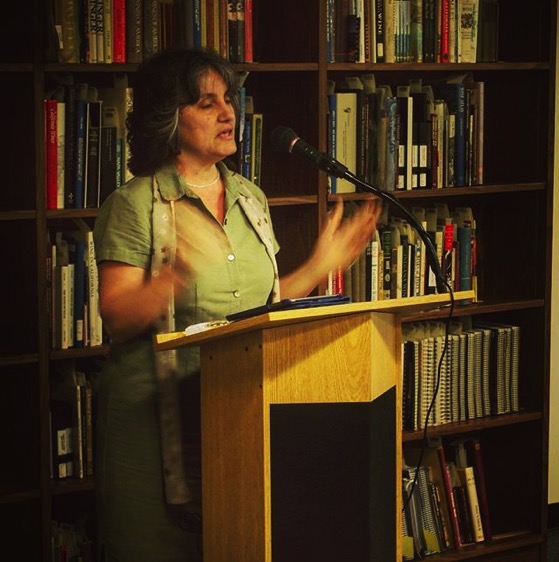
 and Follow
and Follow![07 Terry Nation, Doctor Who and MacGyver from Gender Diversity in the Who-niverse [Video] (0:50)](https://rosannewelch.com/wp-content/uploads/2018/04/gender-dw-07-terry-nation.jpeg)
